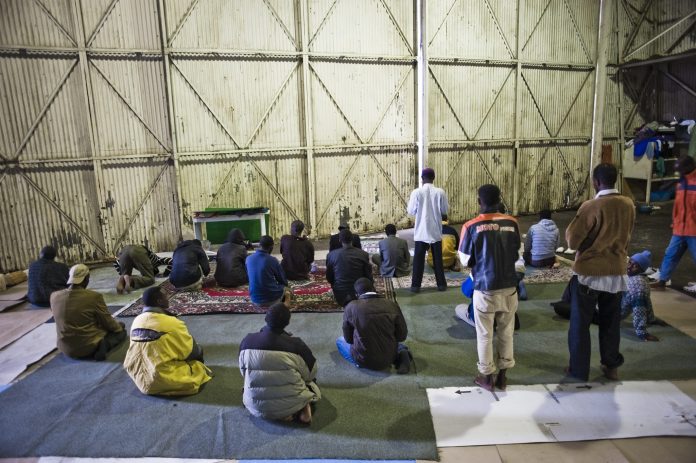Brussels has tabled a proposal to pay for European Union member states to take in migrants. Under the proposal, announced on July 24, the bloc’s common budget would pay out €6,000 for each migrant taken in, as well as funding the cost of hundreds of expert personnel to help process mostly African migrants seeking asylum in Europe.
As reported by the Reuters news agency, Italy’s far-right interior minister, Matteo Salvini, was quick to criticise the European Commission’s offer. His country has shut its ports to humanitarian rescue ships.
“We aren’t asking for charity handouts. Every asylum seeker costs the Italian taxpayer between 40,000 and 50,000 euros. Brussels, they can keep their charity for themselves,” Salvini told reporters. “We don’t want money. We want dignity.”
The Commission’s plan, which is aimed at EU governments that set up so-called controlled centres on their soil, follows a June leaders’ summit that claimed success in reaching a hard-fought agreement to control immigration but left many details undecided, reported Reuters.
The Commission proposed a pilot phase to be launched as quickly as possible and said a “controlled centre” taking in migrants could count on hundreds of personnel ranging from interpreters to asylum experts, all paid for by the EU.
In a separate report, The Guardian quoted Hanne Beirens, an associate director at the Migration Policy Institute, who argued that one weakness of the plan was its voluntary basis, as no country is compelled to act. “The question of solidarity is a big question mark and it is not clear how this will be resolved.”
The commission hopes to convince member states, partly, by stressing the temporary nature of the centres. Claims would be processed in four to eight weeks, much faster than usual. German authorities, for example, require nearly eight months per claim.
“If you want to sell a concept to member states, you don’t want to propose a warehouse; that’s a big concern,” Beirens said. But she said it remained to be seen whether the process could be sped up, especially when officials will be dealing with people from several different countries, possibly without documents.
According to a European Commission press release, regional disembarkation arrangements should work in concert with the development of controlled centres in the EU.
Commissioner for Migration, Home Affairs and Citizenship Dimitris Avramopoulos said: “Now more than ever we need common, European solutions on migration. We are ready to support Member States and third countries in better cooperating on disembarkation of those rescued at sea. But for this to work immediately on the ground, we need to be united – not just now, but also in the long run. We need to work towards sustainable solutions.”

